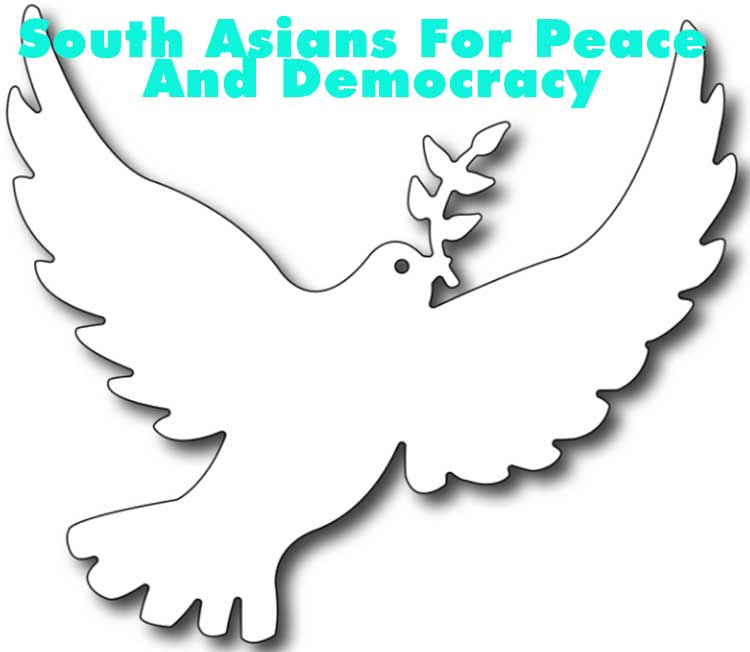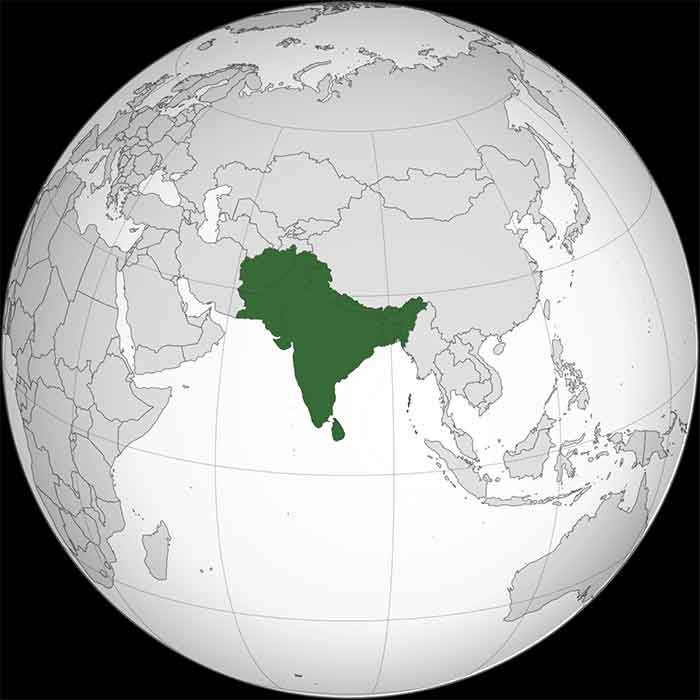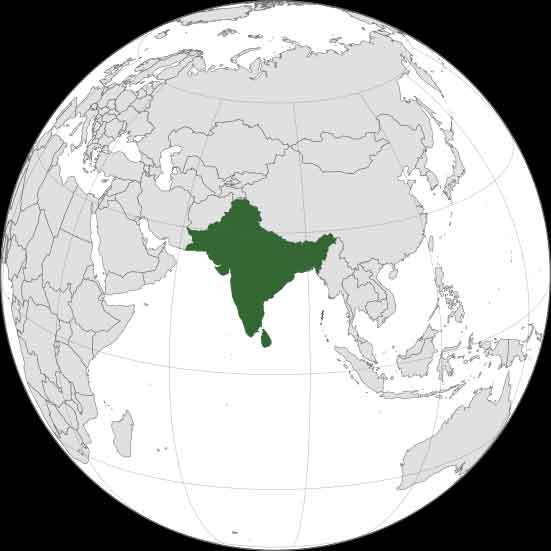
The last few decades has seen the rise of religious nationalism, fascism, conservative right wing politicsall over the world. As these authoritarian forces of hate and repression rise inexorably, it is no longer tenable toconfine resistance or struggles for social change entirely within the boundaries of the nation-state. The fact is that national borders are modern day mirages, conjured up by political and economic elites, to mask the deep interconnections between the global and local.
In India, at a minimum today, we need to look around our own region of South Asia to see how similar we are to each other and how our problems have common origins and possibly common solutions too. Pretending that our problems are magically confined and can be solved within our country’s boundaries is a recipe for disappointment and failure.
Should not those fighting against these forces in the region join hands urgently – not just as a tactical or logistical exercise of pooling our strengths – but as the only viable basis for peace in the entire region? How can we fight Hindu majoritarianism in India without challenging Buddhist or Muslim majoritarianism in the neighbouring countries? The same question applies to the anti-fascist movements in rest of South Asia, including Sri Lanka, Pakistan, Bangladesh, Nepal, Maldives, Afghanistan and Myanmar.
Countercurrents proposes to launch a platform https://countercurrents.org/category/south-asia for sharing our common experiences, insights, news of struggles as a beginning towards the creation of a movement of South Asians for Peace and Democracy.
We invite all those interested to write and contribute the evolution of this platform from around the region as we dream of a united South Asia that is peaceful, democratic and ensures freedom and justice to all its citizens.














































